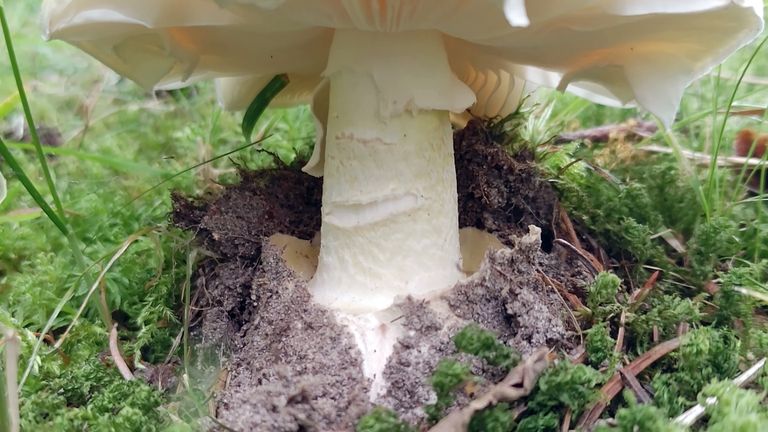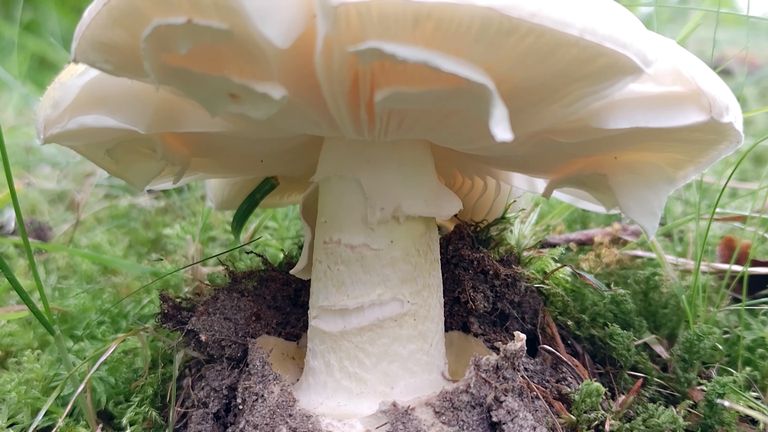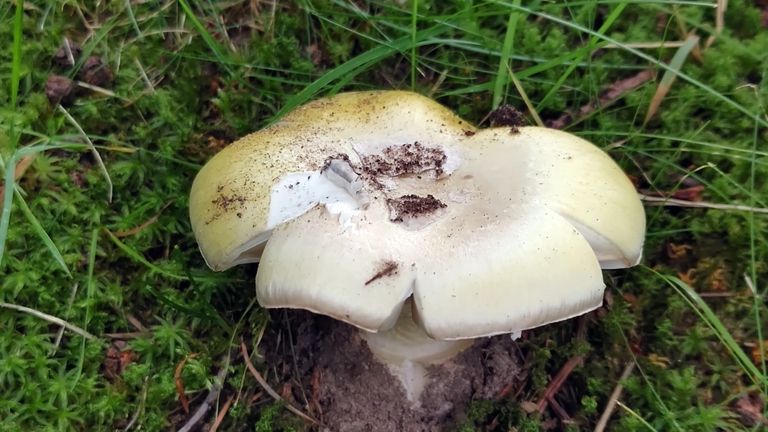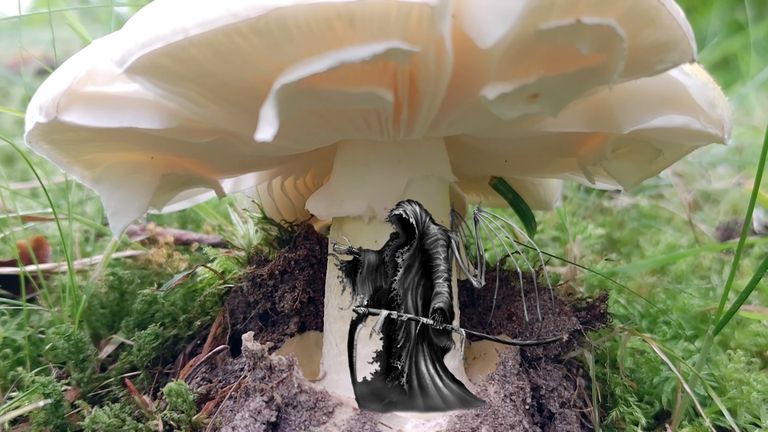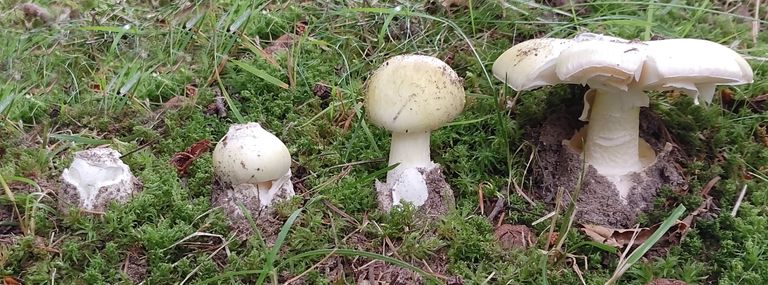
This beautiful and innocent looking mushroom is the most poisonous mushroom known in Europe. Supposedly, the lethal dose is 20 grams, which is one small fruiting body.
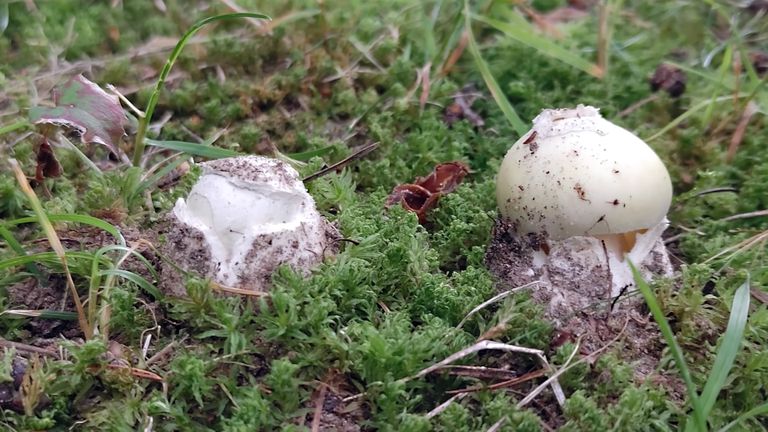
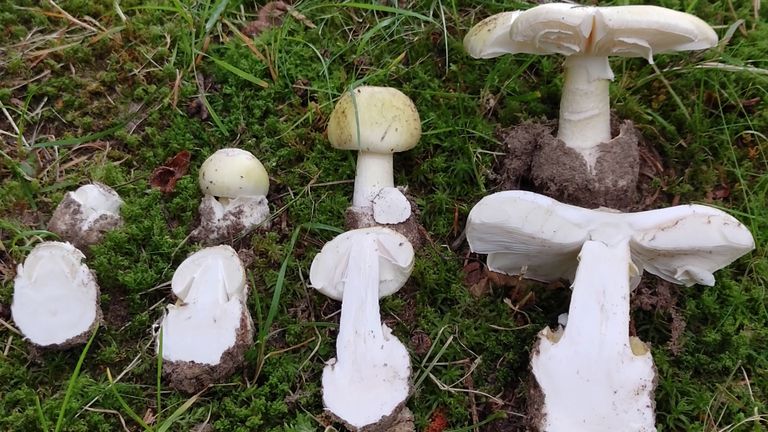
This fungus contains 3 groups of toxic substances, i.e. phallotoxins, amotoxins and virotoxins. In total, it has as many as 12 toxins, of which two phallotoxins and amotoxin are deadly.
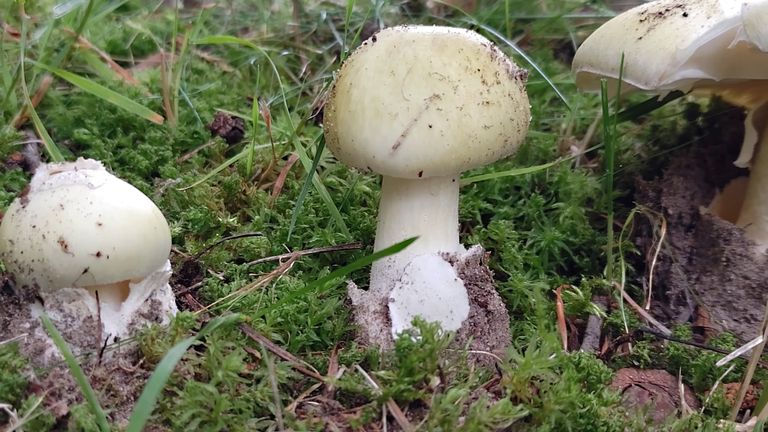
Mushroom fly agaric is responsible for 90-95 percent of all fatal mushroom poisonings in Poland. Symptoms of poisoning do not appear immediately after eating the fly agaric, but only after about 24 hours after eating. These are vomiting, severe diarrhea, nausea, and abdominal pain. The first symptoms can be observed even after a day - nausea, abdominal pain, vomiting and severe diarrhea. Later on, there is a rapid pulse, breathing problems, sometimes dizziness or unconsciousness.
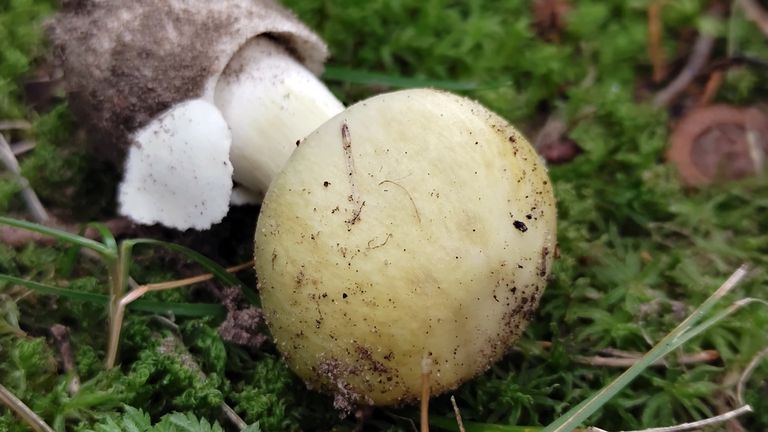
The toxins contained in the fly agaric damage almost all internal organs, starting from the kidneys, through the intestines and the liver. The latter is practically impossible to save and the only way to extend the life of the patient is a liver transplant.
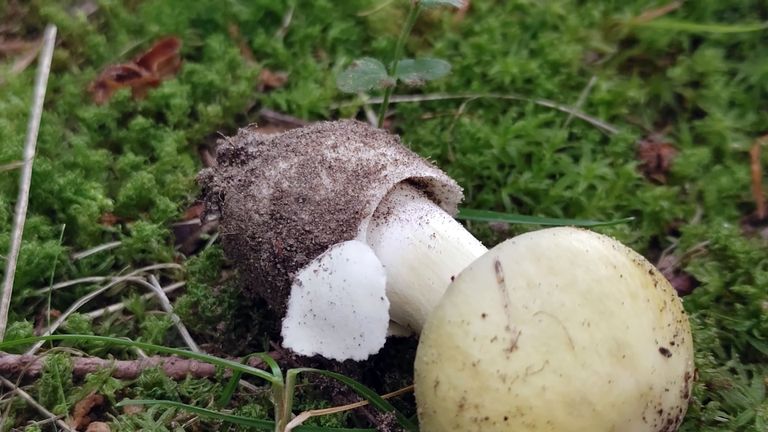
The patient usually dies after 3 days, and in mild poisoning it may take up to 2 weeks.
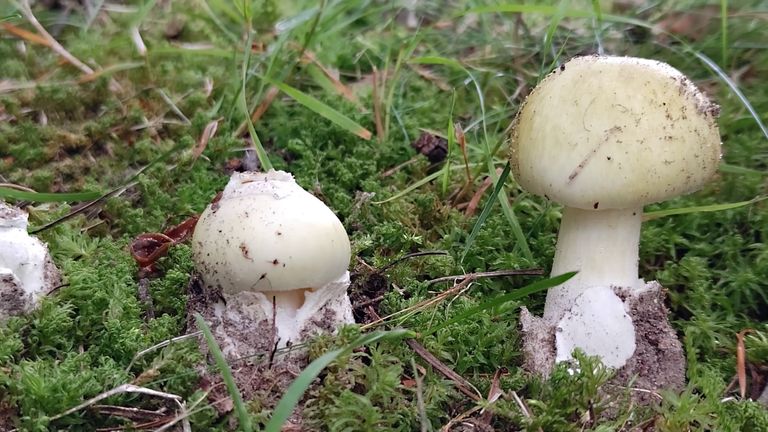
The mushroom cap can be up to 15cm in diameter. At first the mushroom is semicircular, then it is spread out. The color of the mushroom is olive green, yellow green, dirty greenish. The center of the hat is darker. There are shadowy varieties of this species of toadstool.
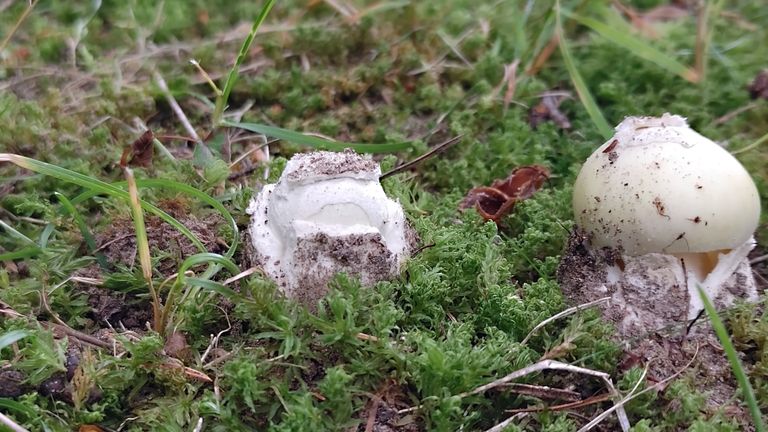
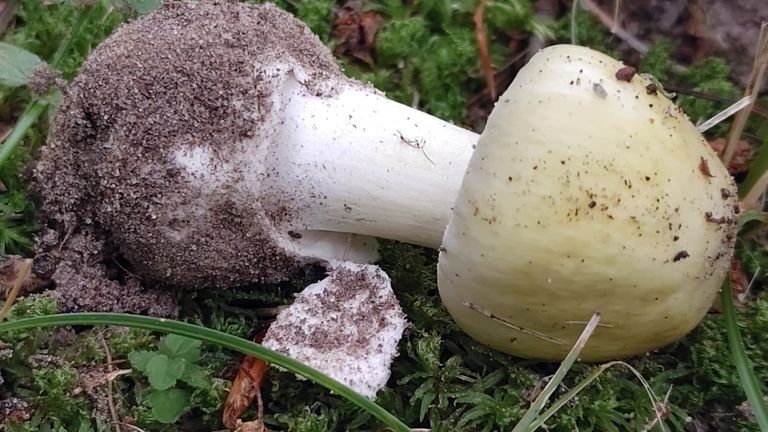
The laminae are dense, but very delicate, airy, of various lengths, white or slightly cream colored.
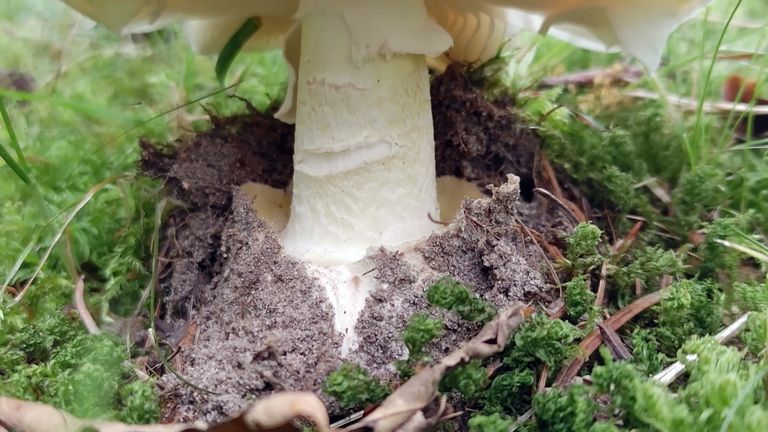
The leg is yellowish or greenish in color, with a pattern. It is set in a characteristic scabbard. The mushroom has a distinct white ring, hanging freely.
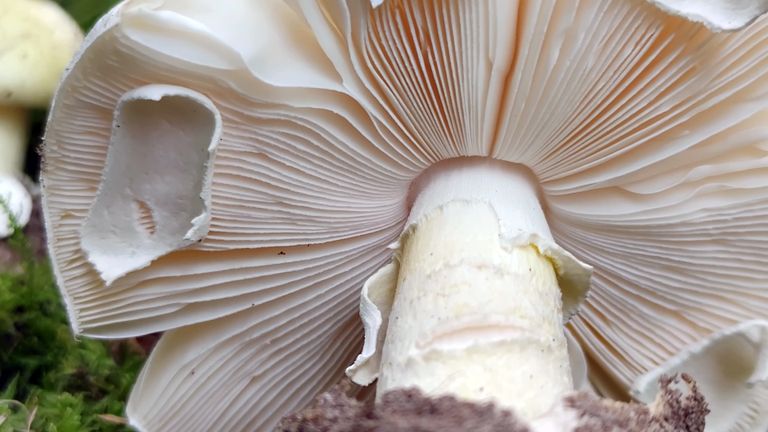
The flesh of the mushroom is white, under the peel it is yellow-green, soft. Mild flavor, slightly sweetish, intense, earthy aroma.
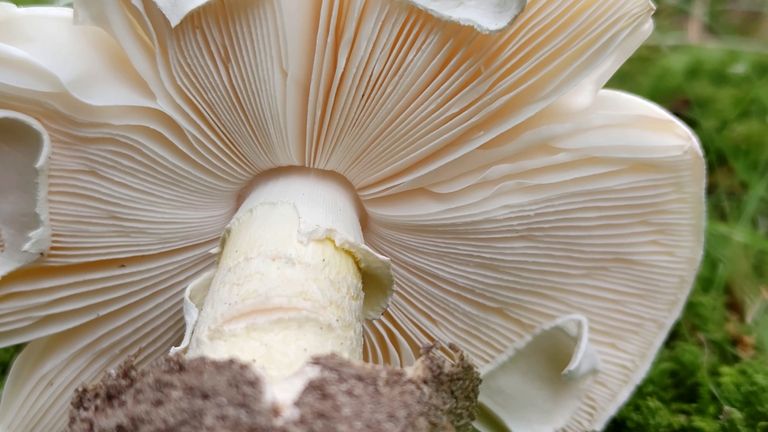
Occurrence. A very common mushroom. It can be found in July and grows until late autumn. It prefers deciduous forests and often grows in groups.
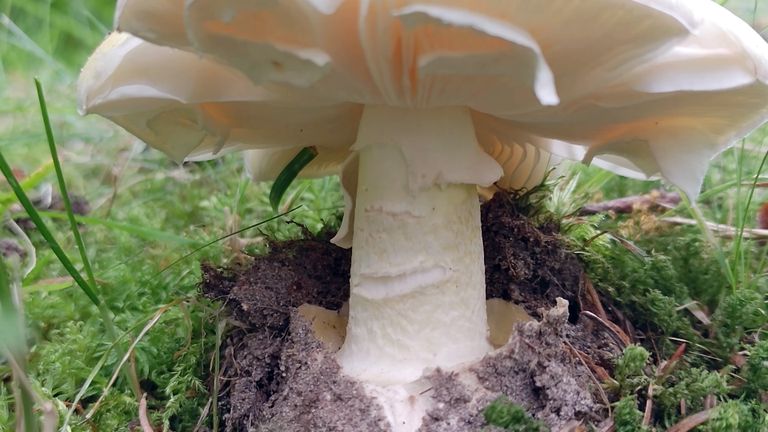
****Application. Deadly poisonous fungus. !!!!!!!!!! The lethal dose is one small specimen. The poison is not broken down during any process, such as cooking, frying or drying.
